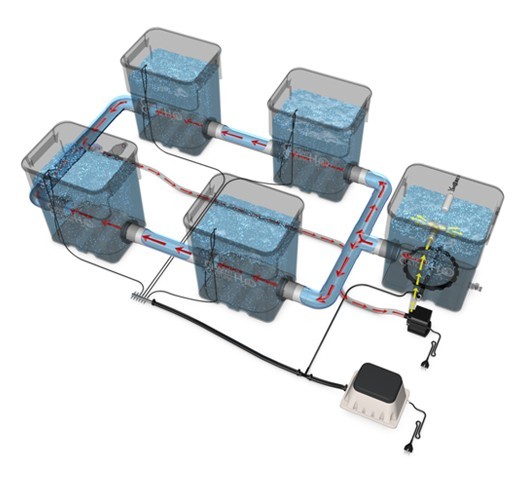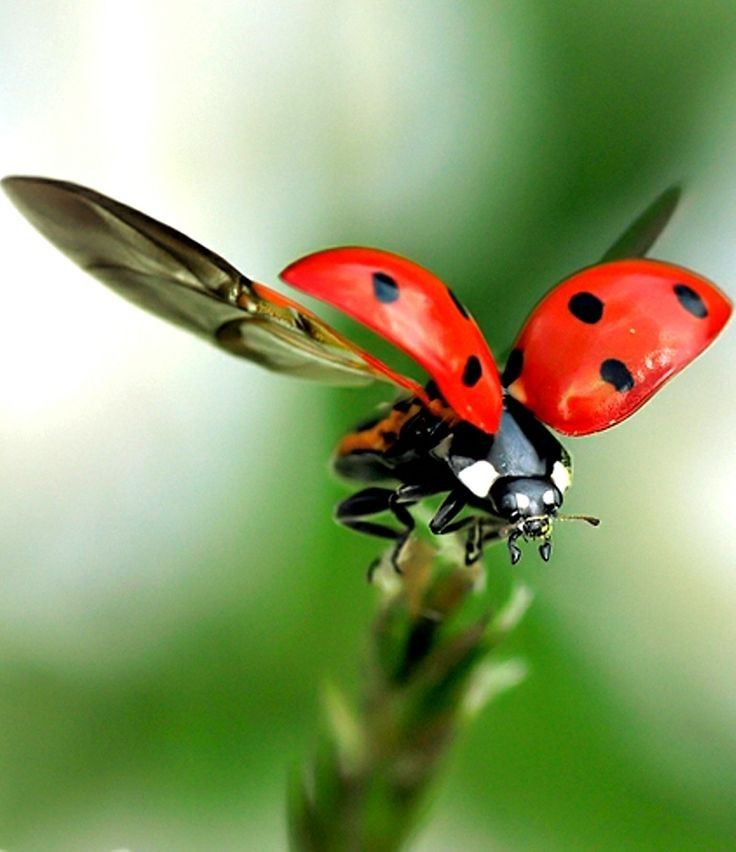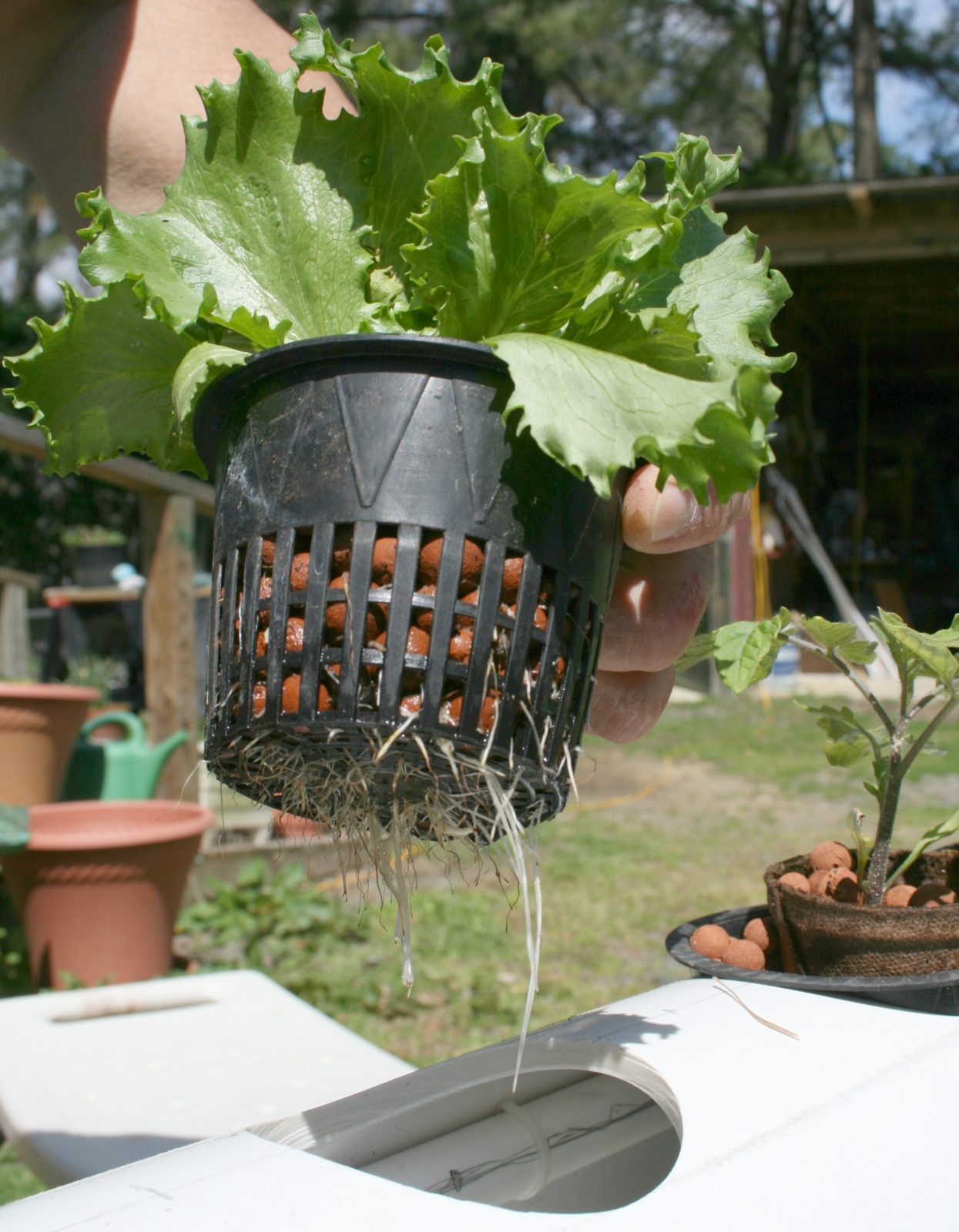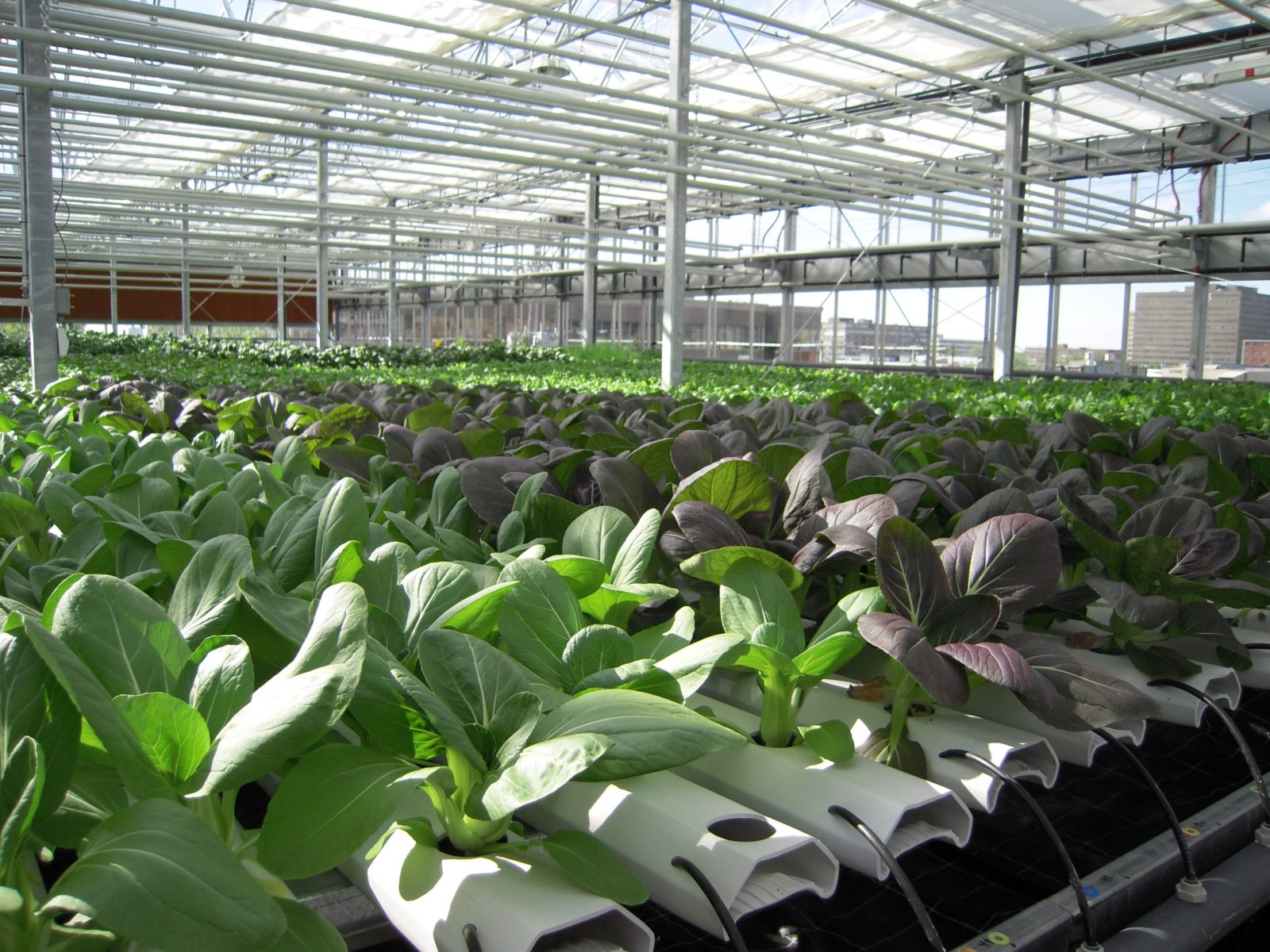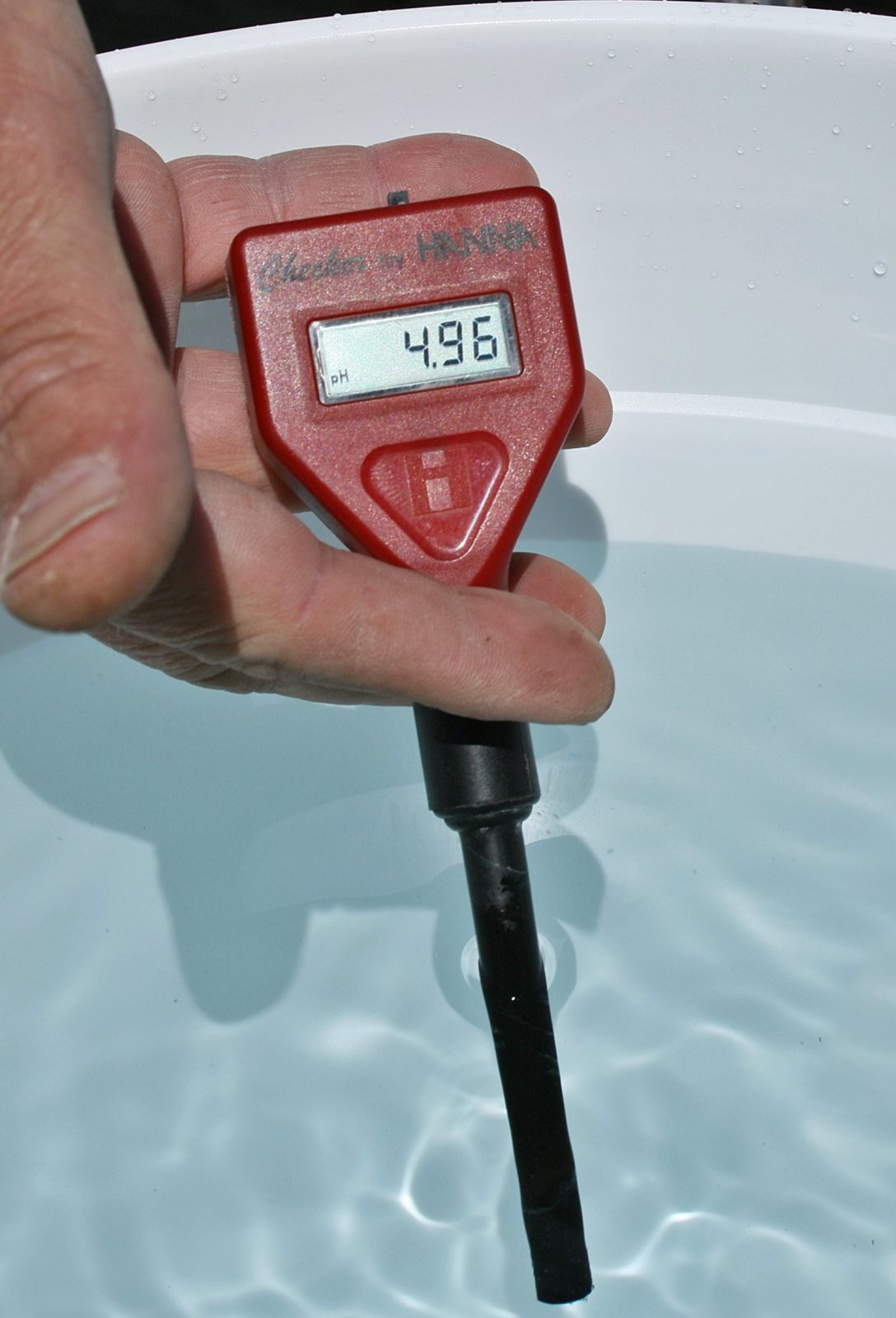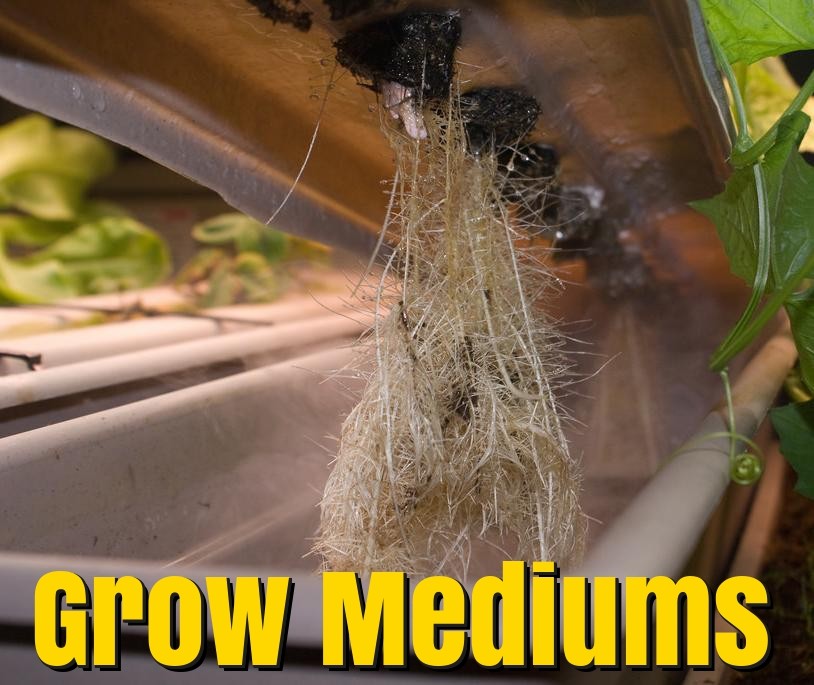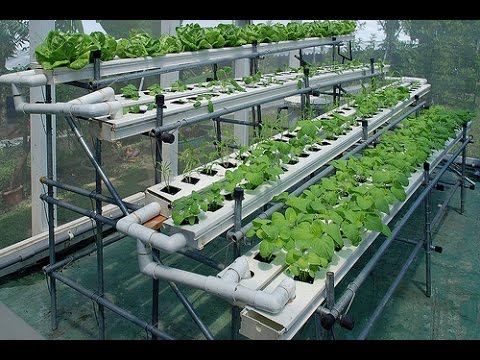Author: Harrison

Understanding DWC and Recirculating Deep Water Culture
Deep Water Culture Hydro/aquaponics gardening using recirculating deep water When it comes to making a garden, most of the world relies upon the traditional soil methodology. Yet, for a growing number, the hydroponic gardening system is quickly becoming an ideal method in which to produce self-sustaining plants and food. The learning curve is steeper for…
5 Organic (And Not So Organic) Methods To Control Spider Mites
Spider Mites What they are and what you can do about them Having an indoor garden offers a solution in the winter months for the gardening enthusiast who wants to ensure that they have a source of self-sufficient food. And while you may take all precautions to maximize the potential for a high yield on…

6 Beneficial Insects For Natural Pest Control
Pest Control For Your Indoor Garden Bug Whats Bugging Your Plants Using chemical sprays in subduing pest insects is a great concern to both gardeners and consumers in common. There is a great environmental concern of possible health hazard to our children and gardeners in dispensing such chemicals. It is quite unfortunate that chemicals being…

Hydroponics Explained
What is Hydroponics? Hydroponics is the science of growing plants in water with or without a soil-less medium. With skill this can evolve into an art. Many times people think about hydroponics, they consider crops planted with their roots hanging straight into the water without any type of medium for the roots. That is only…

Hydroponics vs. Soil
Hydroponics Is Gardening at Its Finest The Need for Hydroponics People do not know how lucky they are to live at a time when we have the most efficient agriculture in human history. Before this, man was mainly a hunter and forager. He could not stay put in one location as food supplies would soon…

The Effect Ph Has On Plant Growth
Why Ph Is Important To Your Plants What is pH? Also known as ‘potential hydrogen’ or the ‘power of hydrogen’, pH is the acidity or alkalinity of a solution on a logarithm which is dependent on the total hydrogen ion concentration. This is the potential hydrogen-hydroxyl ion content of a solution. Solutions ionize into positive…

How To Cool Your Hydroponic Reservoir
Reservoir Temperature And Healthy Plants One of the most challenging aspects for a hydroponic grower is keeping the hydroponic reservoir cool. What does that mean? Basically, it refers to keeping an oxygenated root zone at the ideal temperature. An ideal temperature is essential for growing hydroponic plants, as it greatly determines the amount of oxygen…

Hydroponic Growing Medium
The Difference In Hydroponic Growing Mediums Since Hydroponics doesn’t use soil, you will need a medium to help support the plants. A good hydroponic medium will help to maintain the oxygen/water ratio and give support for healthier roots. Let’s discuss the difference in various soil-less mediums and find which one will work for you…
What Is Hydroponics?
Hydroponics utilizes various methods of growing plants that does not require the use of soil. Instead, plants are grown in a nutritionally-neutral solution to which a nutrient-rich solution is added that provides the plants with everything they need to grow and flourish. Advantages of Hydroponics 1. Plants can be grown using this method in areas…

Types Of Hydroponic Systems
What Type Of Hydroponic System Should I Use? There are many variations of Hydro systems, finding the right one for you depends on your skill level and growing needs. Hydroponic systems are of six main types – Water Culture, Wick, Ebb and Flow, N.F.T. (Nutrient Film Technique), Drip and Aeroponic. These are the basic types…
